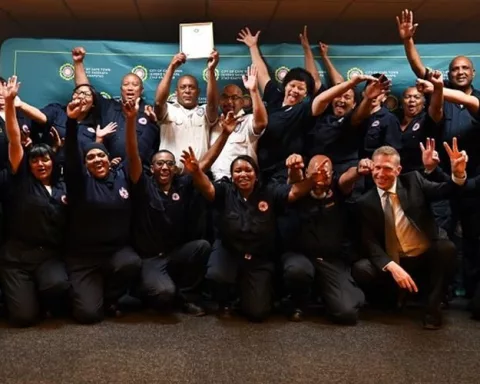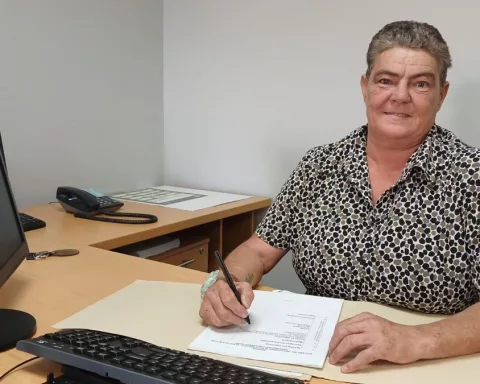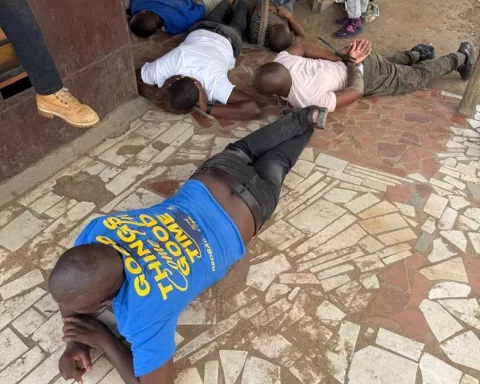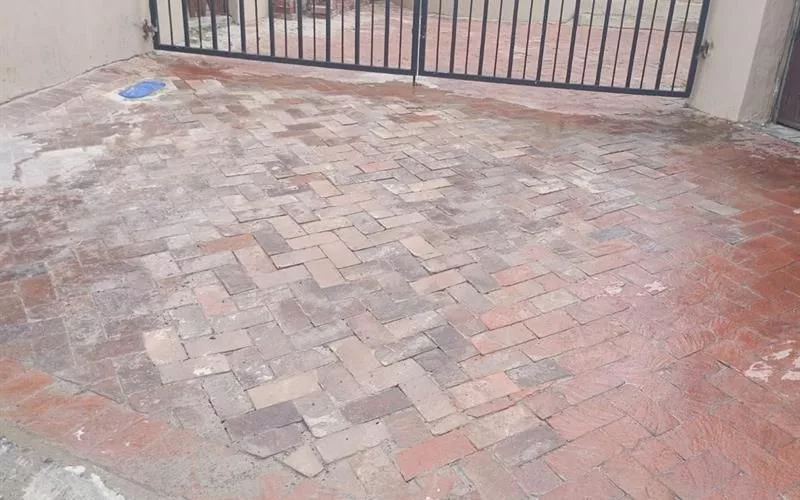Cape Town is bravely fighting back against the wildfires that devastated its informal settlements, which left many families homeless. Local leaders are quickly providing emergency housing and asking for more support to act faster during crises. The community is coming together, working with relief groups to help those in need, and showing incredible strength and hope. As they rebuild their lives, Cape Town’s spirit shines through, proving that even in tough times, people can unite to create a brighter future.
How is Cape Town responding to devastating fires in informal settlements?
Cape Town’s response to recent fires includes mobilizing resources for emergency housing, urging the decentralization of the Emergency Housing Grant, and fostering collaboration among local authorities and relief agencies. Efforts focus on restoring shelter within 24 hours, addressing urgent needs, and rebuilding community resilience.
The Unyielding Threat of Disasters
In an era marked by frequent natural disasters, the capacity of local governments to respond effectively is crucial. Cape Town recently faced a formidable challenge when catastrophic fires ravaged its informal settlements. The flames tore through Dunoon, Nomzamo in the Strand, Masiphumelele, and Langa, uprooting hundreds of families and leaving them in urgent need of help. This dire situation prompted a heartfelt appeal from Councillor Carl Pophaim, a key figure in the city’s Human Settlements sector.
Councillor Pophaim urgently called upon President Cyril Ramaphosa and Thembisile Simelane, the National Minister of Human Settlements, to decentralize the Emergency Housing Grant. Bringing this financial tool to the municipal level would empower cities to act with greater speed and precision during crises. A rapid response capability—being able to restore shelter within 24 hours—could significantly reduce the duration of displacement and accelerate recovery for those impacted.
The recent fires have highlighted the stark vulnerability of informal settlements. These destructive blazes claimed approximately 150 homes in Langa, 130 in Masiphumelele, 120 in Dunoon, and 64 in Nomzamo. Behind these numbers are the deeply personal stories of families who have lost everything, their lives irreversibly altered in the blink of an eye. Informal settlements, home to some of the most marginalized populations, face an increased risk of such disasters, underscoring the need for urgent intervention and support.
Mobilizing Resources and Building Resilience
The immediate response from local authorities and the National Human Settlements Department was pivotal. Cape Town’s Human Settlements Directorate swiftly gathered and relayed essential data to the National Department, emphasizing the need for prompt action. Effective collaboration between various levels of governance and organizations like the Gift of the Givers, which provided critical relief, is essential in addressing the needs of affected communities.
At the heart of the disaster zone, Cape Town’s disaster risk management teams, alongside numerous relief agencies, have been relentless in their efforts to support those displaced. This collective action recalls historic movements where communities banded together to overcome adversity. Just as the arts and crafts movement sought to honor daily craftsmanship during industrial upheaval, today’s relief teams aim to restore dignity and normalcy to lives disrupted by disaster.
The parallels extend to artistic movements that have emerged from periods of crisis. The expressionist movement, born from early 20th-century turmoil, channeled chaos into art. Today’s communities are similarly driven to rebuild, reconstructing not only their homes but the threads of their daily lives. They are weaving resilience and unity into the fabric of recovery, striving to craft a future from the ashes of the past.
Global Challenges and Local Solutions
Cape Town’s urgent need for emergency housing reflects a broader global challenge. Informal settlements worldwide face significant threats, often intensified by climate change. The city’s experience highlights the critical importance of developing resilient infrastructure and ensuring responsive governance. The fires have underscored the necessity for a flexible, localized disaster management framework, allowing municipal authorities to act decisively with both resources and autonomy.
Beyond the immediate crisis, the fires prompt a deeper examination of the socio-economic issues that exacerbate the vulnerability of informal settlements. Frequently located on the fringes of urban areas, these communities often lack essential infrastructure and services, making them particularly susceptible to disasters. This situation calls for comprehensive urban planning that integrates informal settlements into the city’s core, recognizing them as vital communities worthy of investment and protection.
The strength shown by the affected residents serves as a powerful testament to the enduring human spirit. Their stories of survival and solidarity are intertwined with Cape Town’s commitment to rebuilding their homes and lives. As the city navigates this challenging period, it highlights the profound interconnectedness of its people and the imperative for collective action in the face of adversity.
Art, Community, and Rebirth
In times of crisis, the response from communities and their leaders often mirrors the transformative power of art. The resilience and hope demonstrated by Cape Town’s affected residents echo themes found in artistic movements that capture and transform reality. As Cape Town rebuilds, the collective effort should be infused with the creativity and determination that have historically lifted societies from despair to renewal.
Cape Town’s rebuilding efforts are a reflection of a broader narrative where art and life converge. The resilience of its communities, driven by creativity and hope, underscores the potential for rebirth and transformation in the aftermath of disaster. As the city rises from the ashes, it sets a powerful example of how collective action and innovative thinking can forge a path toward a brighter, more resilient future.
FAQ – Resilience Amid Flames: Cape Town’s Response to Devastating Fires
What caused the recent devastation in Cape Town’s informal settlements?
The recent fires in Cape Town’s informal settlements were caused by wildfires that swept through areas such as Dunoon, Nomzamo, Masiphumelele, and Langa. These catastrophic events uprooted hundreds of families, leaving them homeless and in urgent need of assistance.
How is Cape Town’s local government responding to the crisis?
Cape Town’s local government is actively mobilizing resources to provide emergency housing, urging the decentralization of the Emergency Housing Grant, and promoting collaboration among various relief agencies. Their aim is to restore shelter within 24 hours and address the immediate needs of those affected.
What support is being provided to the residents impacted by the fires?
Local leaders and relief groups, including the Gift of the Givers, are providing critical assistance to the affected communities. This encompasses emergency housing solutions, food, clothing, and essential services to help families begin the process of recovery and rebuilding their lives.
Why is the decentralization of the Emergency Housing Grant important?
Decentralizing the Emergency Housing Grant would empower municipal authorities to respond more swiftly and effectively during crises. This change would enhance the cities’ ability to restore shelter and provide resources tailored to the unique needs of their communities.
What lessons can be learned from the fires in terms of infrastructure and urban planning?
The fires have highlighted the vulnerability of informal settlements, which often lack essential infrastructure. This situation underscores the need for comprehensive urban planning that integrates these communities into the city’s core, ensuring they receive the necessary investment and protection to mitigate future risks.
How can the community and individuals contribute to the recovery efforts in Cape Town?
Community members can contribute by volunteering with local relief organizations, donating essential items, or supporting fundraising initiatives aimed at helping those affected. Collective action and solidarity are crucial in overcoming adversity and fostering resilience in the face of such challenges.












